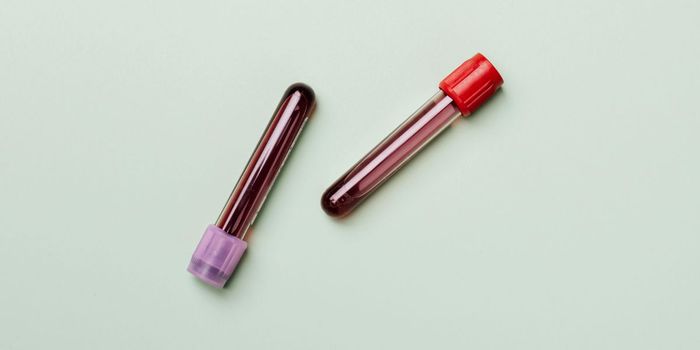GLP1-RA drugs used for diabetes and weight loss may have a positive role in addiction as well
Substance use disorders (SUDs) are a major public health concern, with opioid use disorder (OUD) and alcohol use disorder (AUD) being particularly prevalent. Recent research has explored the possibility of repurposing existing medications, typically used for other conditions, to address the challenges of SUD treatment. One such promising group of medications includes GIP/GLP-1 receptor agonists (RAs), such as Ozempic, Mounjaro, Wegovy, etc., traditionally prescribed for Type 2 diabetes and obes. A study published in Society for the Study of Addiction investigated the association between GIP/GLP-1 RA prescriptions and substance-related outcomes, specifically focusing on opioid overdose and alcohol intoxication among individuals diagnosed with OUD and AUD.
The findings of this study suggest that patients with GIP/GLP-1 RA prescriptions were less likely to experience opioid overdose and alcohol intoxication than those without such prescriptions. This protective association was observed even after adjusting for various factors, including comorbid conditions and hospital system differences. These results are consistent with growing evidence from animal studies that have shown GLP-1 RAs to effectively reduce substance-seeking behaviors related to ethanol, cocaine, amphetamine, and nicotine.
As Professor Matt Field from the University of Sheffield explained, "This study suggests that patients with heroin or alcohol addiction who are prescribed Ozempic (typically for diabetes or obesity) are less likely to be hospitalized for heroin overdose or alcohol intoxication, respectively. The findings add to those from other studies, particularly animal research, which suggest that this and similar drugs might one day be prescribed to help people with addiction." Clinically, these findings could encourage healthcare providers to consider GIP/GLP-1 RA drugs as part of a holistic treatment approach for SUDs, especially for patients who also have coexisting metabolic disorders such as Type 2 diabetes and obesity.
From a public health perspective, the findings suggest a need to reevaluate current treatment guidelines and policies for OUD and AUD. By supporting further research into GIP/GLP-1 RAs, public health initiatives could promote the development of more effective, accessible, and holistic treatment strategies.
Further research, particularly prospective clinical trials, is essential to validate these results, explore the mechanisms involved, and determine the long-term efficacy and safety of GIP/GLP-1 RAs in diverse populations. This line of research not only contributes to the evolving landscape of addiction therapy but also emphasizes the value of repurposing existing drugs to address complex health challenges.
Sources: Society for the Study of Addiction, Newsweek








